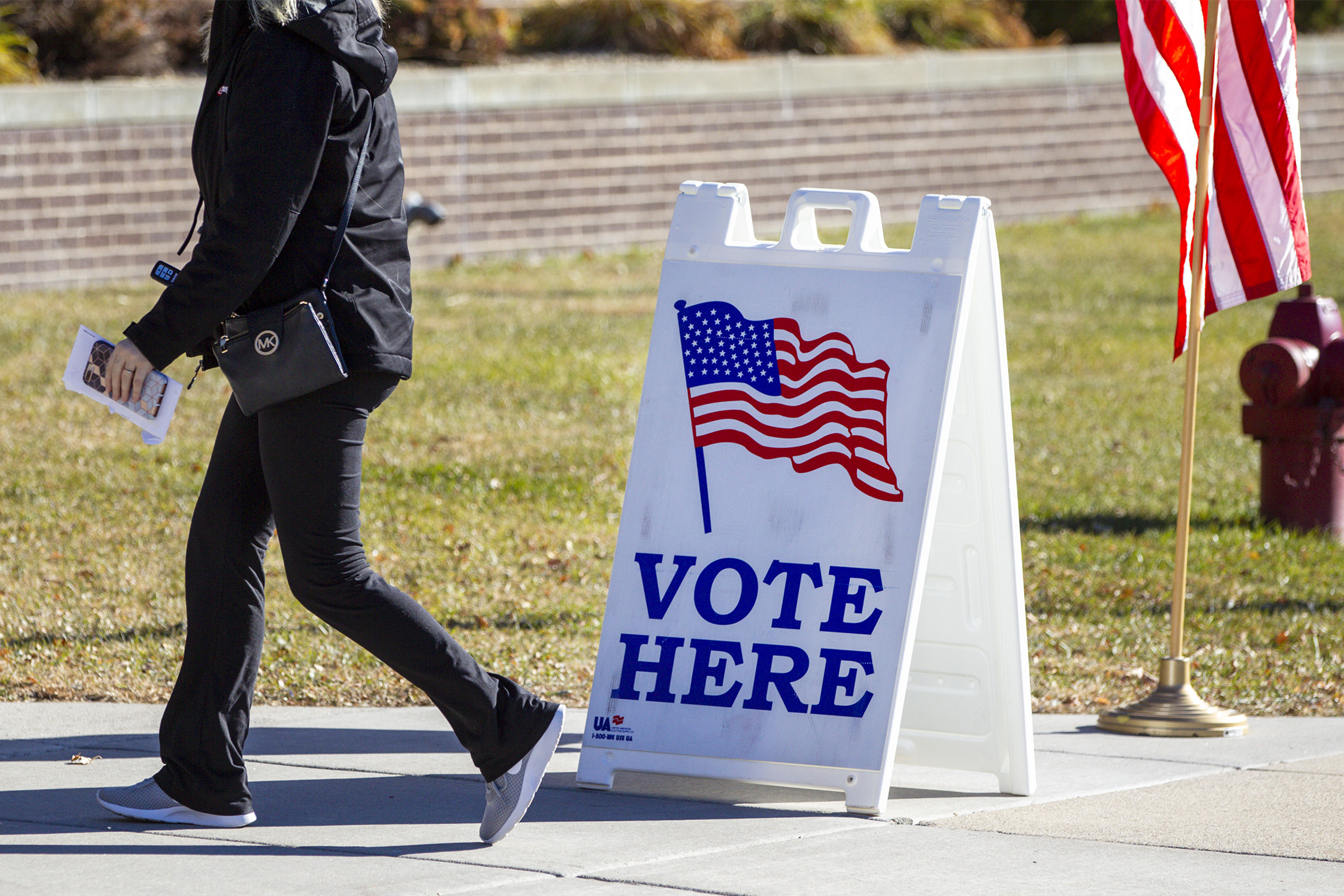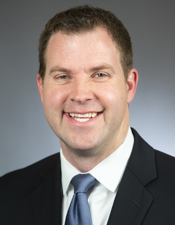Elections panel OKs bill with aim to shed ‘more sunshine’ on independent campaign expenditures

Transparency is a goal of an elections bill receiving committee approval. Still, the vote was almost along party lines.
Sponsored by Rep. Jamie Long (DFL-Mpls), HF3190, as amended twice, aims to “provide some more sunshine and disclosure” to help voters know who is behind independent expenditures trying to influence elections by requiring a disclosure of the top three largest donors of independent expenditures on ads.
“It does not stop any speech, does not curtail any speech,” Long said. “All it does is help voters make better informed choices.”
A disclaimer exemption for online banner ads and electronic communications would disappear under the proposed legislation.
Approved 8-4 by the House State Government Finance and Elections Committee Tuesday, the bill’s next stop is the House Ways and Means Committee.
Rep. Steve Drazkowski (R-Mazeppa) joined all DFL members in support of the bill, saying he wished it were going straight to the floor by itself rather than potentially being put in an omnibus elections bill.
When bill discussion began Feb. 15, Long said independent expenditures outspent Minnesota candidates by about $15 million in 2020 elections, triple the difference in 2018.
Current law only requires committee names to be disclosed and ensure the expenditure was not coordinated with a candidate.
“If the ad you see is from Minnesotans for Sunshine and Puppies, but it’s backed by somebody with a clear political point of view you would want to know that,” Long said. “Could there be an appearance of corruption? Could there be a financial interest involved? Voters want to know.”
Long said donor information over $200 already has to be disclosed to the Campaign Finance and Public Disclosure Board, but there is often a delay between when the report is due and when voters cast their ballot.
A fiscal note shows a $5,000 cost to the board. “I think quite the bargain for what we will be getting in terms of public awareness and disclosure,” Long said
Rep. Jim Nash (R-Waconia) expressed concern the bill would have a “huge chilling effect” on people wanting to impact who represents them, and could put people’s homes and businesses in danger. He cited a Canadian example where a woman had to close her cafe because a compromised database showed a $250 donation, and she was “being doxxed by the people who oppose the exercise of free speech.”
“… It’s all in the guise of transparency as you have said, but I don’t know that you have considered the implications of what happens. An ordinary, everyday business owner who wants to donate to a candidate of their choice and they may happen to be the top donor.”
Long is open to language that would require a minimum donation before the information is made public. He said most independent expenditures “far exceed” the $200 threshold.
“You should be working in the opposite direction to instill people’s free speech rights more strongly in how they support different candidates,” said Rep. Jon Koznick (R-Lakeville).
Rep. Ginny Klevorn (DFL-Plymouth) noted businesses across the state sponsor members on both sides of the aisle. “Free speech is important to all of us, and we want to make sure that we keep free speech front and center. Good healthy campaign finance laws and good healthy election laws make that happen.”
Sen. Lindsey Port (DFL-Burnsville) sponsors the companion, SF3281, which awaits action by the Senate State Government Finance and Policy and Elections Committee.
Related Articles
Search Session Daily
Advanced Search OptionsPriority Dailies
Speaker Emerita Melissa Hortman, husband killed in attack
By HPIS Staff House Speaker Emerita Melissa Hortman (DFL-Brooklyn Park) and her husband, Mark, were fatally shot in their home early Saturday morning.
Gov. Tim Walz announced the news dur...
House Speaker Emerita Melissa Hortman (DFL-Brooklyn Park) and her husband, Mark, were fatally shot in their home early Saturday morning.
Gov. Tim Walz announced the news dur...
Lawmakers deliver budget bills to governor's desk in one-day special session
By Mike Cook About that talk of needing all 21 hours left in a legislative day to complete a special session?
House members were more than up to the challenge Monday. Beginning at 10 a.m...
About that talk of needing all 21 hours left in a legislative day to complete a special session?
House members were more than up to the challenge Monday. Beginning at 10 a.m...
